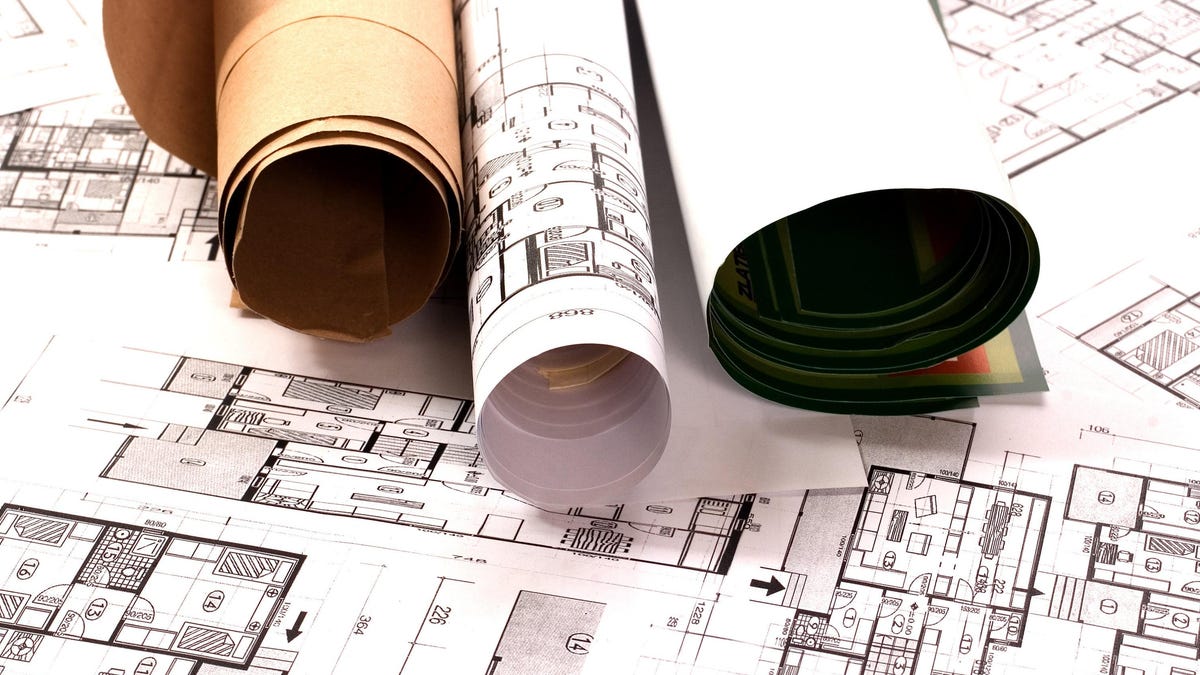How to Decode Building Codes (and Why You Should Care)
Unless your job involves working with building codes, they’re probably not something you encounter or think about on a regular basis. Though we may refer to a questionable electrical setup in an apartment, or a building where several doors...


Photo: Tadija Savic (Shutterstock)
Unless your job involves working with building codes, they’re probably not something you encounter or think about on a regular basis. Though we may refer to a questionable electrical setup in an apartment, or a building where several doors are blocked or inaccessible as looking like they’re “not up to code,” most of us aren’t able to provide any further details about what code we’re talking about, and what it entails.
But even if we don’t deal with building codes very often, it still helps to have at least some background on what they are, and why they’re important. Here’s what to know.
What are building codes?
Building codes outline the minimum standards for constructing buildings that protect public health, as well as the general safety and welfare of the people inside and around them at any given time (including during the construction process).
Though they’ve been around in some form since ancient times, the first of what are considered the predecessors of modern building codes were enacted in the 17th century, following devastating fires that would take out entire towns or parts of cities with primarily wooden structures, and mostly focused on using building materials less likely to burn.
Enacting building codes was also an aim of reformers and Progressive Era campaigners of the 19th and 20th centuries, looking to improve living conditions in cities’ crowded tenements.
Are building codes legally binding?
While the specifics of building codes differ based on the state, city, and/or county, they’re are typically based on broader model codes like the International Building Code (IBC), so there tends to be at least some overlap. That’s also the case with the accessibility design standards found in the Americans with Disabilities Act (ADA).
And though the IBC and other model building codes themselves aren’t legally binding, they serve as the basis upon which regional and local authorities create and enact laws.
Why are building codes important?
Building codes still aim to serve their original function of keeping people in and around a building safe by setting minimum requirements for aspects of construction including safe wiring, fire prevention, and structural integrity. They’re also a way to work towards population-wide improvements in living conditions (though getting existing housing up to code is often an uphill battle).
Building codes can also have financial impacts. According to a study conducted by the Federal Emergency Management Agency (FEMA) and published in November 2020 called Building Codes Save, over a 20-year period, cities and counties with modern building codes avoided at least $132 billion in losses from natural disasters when compared to jurisdictions without modern building codes.

 ValVades
ValVades 
































